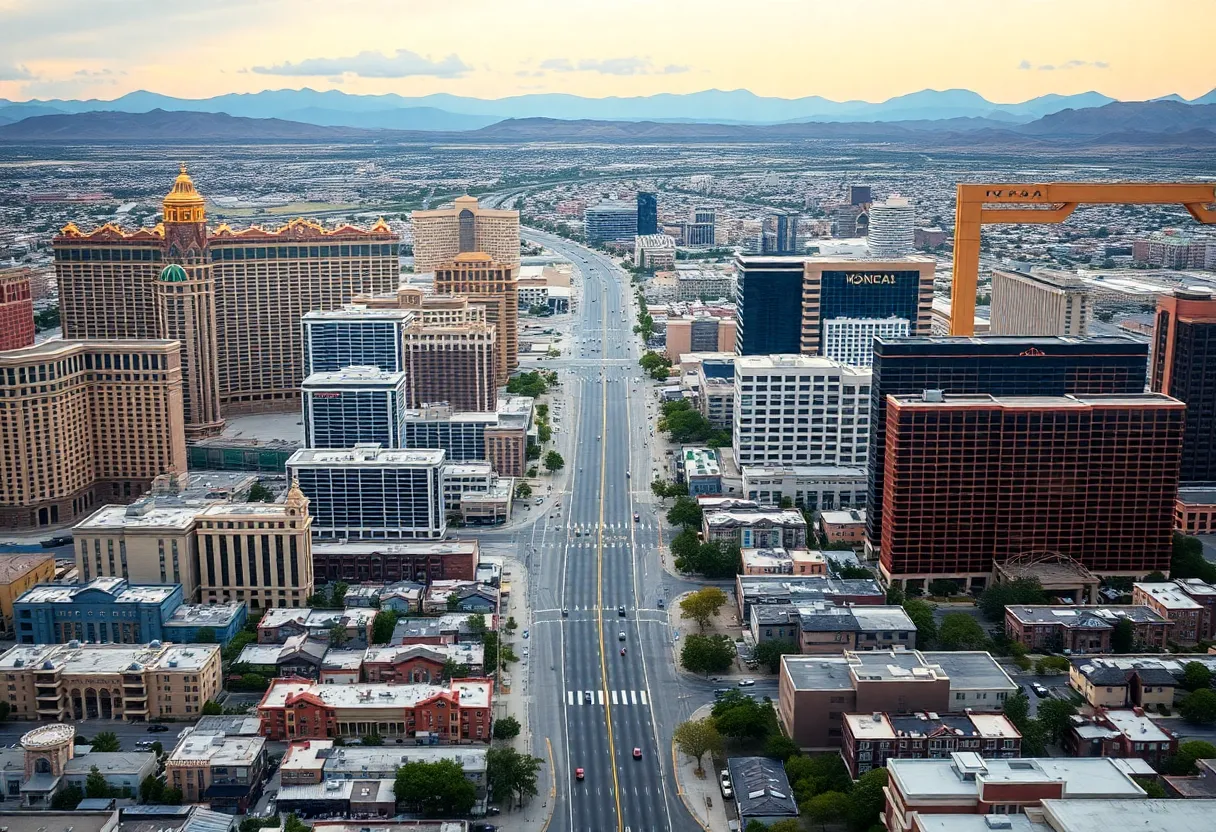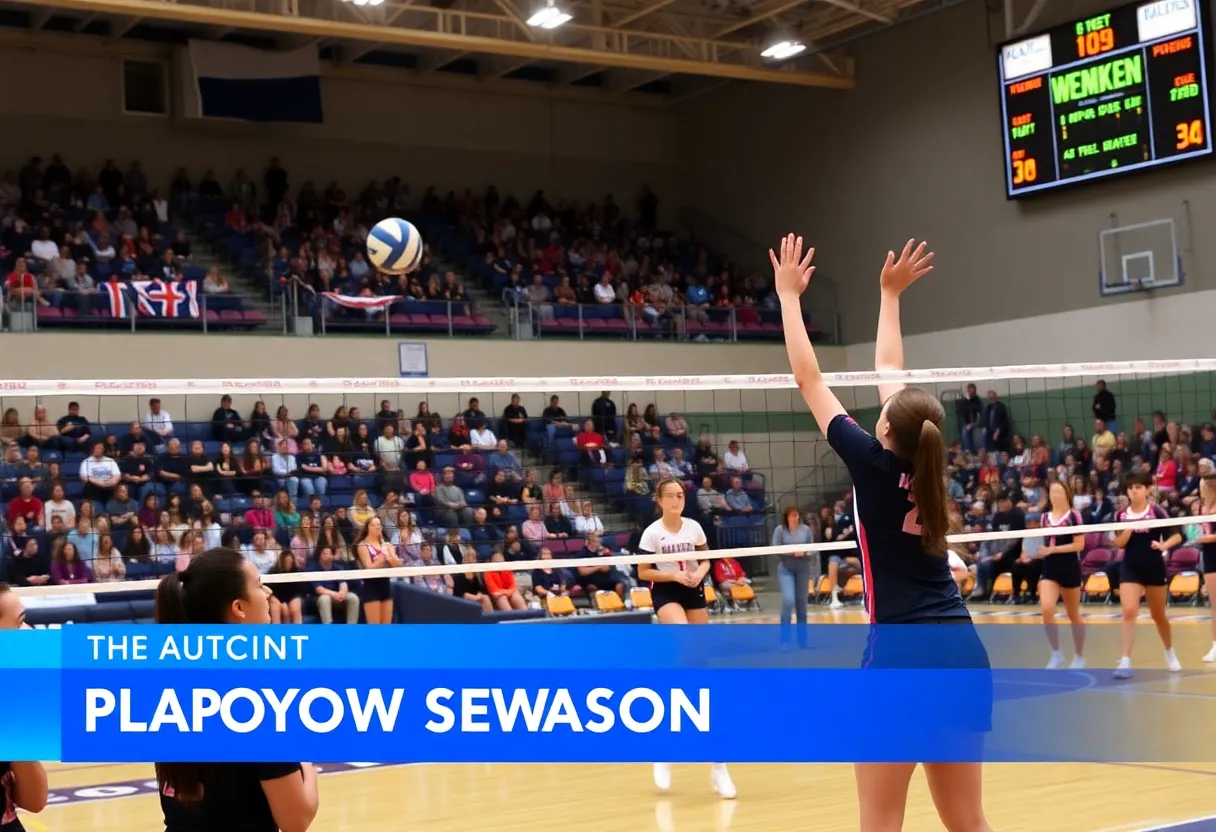News Summary
Amid rising living costs, Las Vegas is confronted with increasing criticism over economic inequality. The city exhibits a growing divide between affluent tourists and struggling residents, exacerbated by significant issues like wage theft. Many low-income visitors find themselves overwhelmed by expenses while an analysis highlights that wage theft in Nevada costs workers millions. Experts advocate for policy reforms and better enforcement to address these economic disparities and foster a fairer financial landscape in the city.
Las Vegas Faces Growing Criticism Over Economic Inequality and Wage Theft Amid Rising Costs
Las Vegas is grappling with increasing criticism regarding economic inequality as the city witnesses a sharp rise in living costs and a widening gap between the rich and the poor. Many visitors across the nation perceive Las Vegas as becoming prohibitively expensive, leading to a noticeable divide in the economic experiences of tourists and residents alike.
As affluent individuals spend more at casinos, lower-income visitors struggle to manage expenses. This disparity is contributing to a larger trend of growing economic inequality in the United States, which, according to recent analyses, has reached levels not seen since the Gilded Age. Recommendations for addressing this issue include eliminating the income cap on payroll taxes and increasing taxes on the wealthy to mitigate the accumulation of wealth that disproportionately favors a small segment of the population.
Wage Theft Challenges
A substantial factor exacerbating economic inequality in Nevada is the issue of wage theft. According to data, Nevada workers experience wage theft costing an average of $122.8 million annually, which totals approximately $2.4 billion over the past two decades. Current reports indicate that around 40,000 Nevadans are underpaid, averaging $3,132 less annually than they should earn.
In Nevada, the overall chance of a worker being underpaid is approximately 3.4%, but this increases significantly in female-dominated professions such as domestic work and the service industry. Women of color and non-U.S. citizens are reportedly nearly three times more likely to face wage theft compared to their white male counterparts. Additionally, workers without a high school diploma are approximately twice as likely to be underpaid, and part-time employees are more frequently affected than full-time workers.
Enforcement Issues and Real Wage Concerns
The matter of wage theft could be even more severe than currently reported, as many incidents go unreported. A significant number of workers—up to 40%—choose not to report incidents of wage theft due to fear of retaliation from employers. Compounding the issue is the ineffective enforcement by the Office of the Labor Commissioner (OLC), where the average caseworker manages around 113 cases per month, a workload known to hinder thorough investigations.
Nevada’s minimum wage, currently set at $12 per hour, is insufficient for living, with estimates indicating that a single adult needs to earn about $23.85 an hour to cover basic expenses. As living costs continue to rise, it has become clear that current wage levels are not keeping pace with the financial demands on both individuals and families.
Widening Economic Disparities
A recent report from economic experts indicates that the economic growth of Nevada has predominantly benefited the affluent, while wages for low- and middle-income families have stagnated. From 2009 to 2015, the income of the top 1% of earners in the state increased by 22.4%, vastly outpacing earnings for the remaining 99% of workers.
Furthermore, the child poverty rate in Nevada rose by 43% between 2007 and 2017, a troubling indicator of deep-rooted poverty issues. Nearly half of Nevada’s workforce is employed in the gaming, tourism, and food service sectors, all of which are typically associated with lower wages and precarious working conditions.
Addressing Economic Inequality
To tackle these pressing challenges, experts recommend a comprehensive evaluation of existing legislation combined with the creation of new policies designed to level the economic playing field. With economic inequality increasingly becoming a defining characteristic of life in Las Vegas, the push for actionable government reforms has become critical for creating a more equitable future for all residents.
Deeper Dive: News & Info About This Topic
HERE Resources
Economic Crisis Threatens Las Vegas Tourism and Stability
Additional Resources
- Nevada Current: Nevada Workers Losing $123 Million to Wage Theft
- New York Times: Nevada Economy, Unemployment, and Election
- The Nevada Independent: Report on Income Inequality in Nevada
- Wikipedia: Economic Inequality
- Encyclopedia Britannica: Wage Theft

Author: STAFF HERE LAS VEGAS WRITER
The LAS VEGAS STAFF WRITER represents the experienced team at HERELasVegas.com, your go-to source for actionable local news and information in Las Vegas, Clark County, and beyond. Specializing in "news you can use," we cover essential topics like product reviews for personal and business needs, local business directories, politics, real estate trends, neighborhood insights, and state news affecting the area—with deep expertise drawn from years of dedicated reporting and strong community input, including local press releases and business updates. We deliver top reporting on high-value events such as Electric Daisy Carnival, World Series of Poker, and Consumer Electronics Show. Our coverage extends to key organizations like the Las Vegas Chamber of Commerce and Three Square Food Bank, plus leading businesses in hospitality and entertainment that power the local economy such as MGM Resorts International, Caesars Entertainment, and Las Vegas Sands. As part of the broader HERE network, we provide comprehensive, credible insights into Nevada's dynamic landscape.



